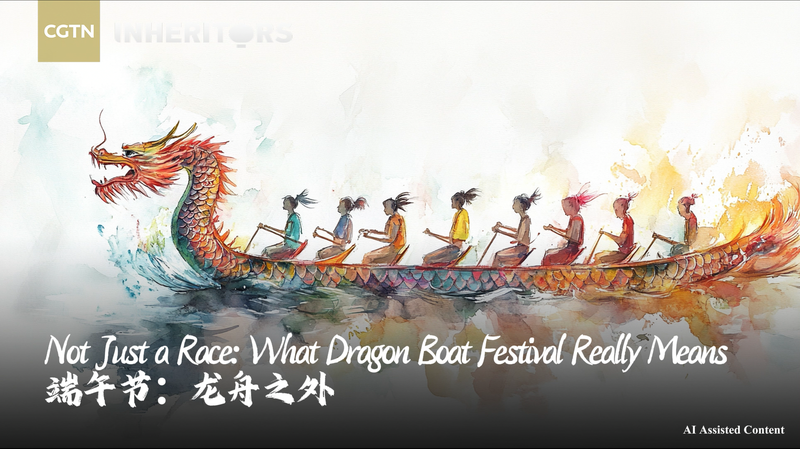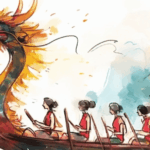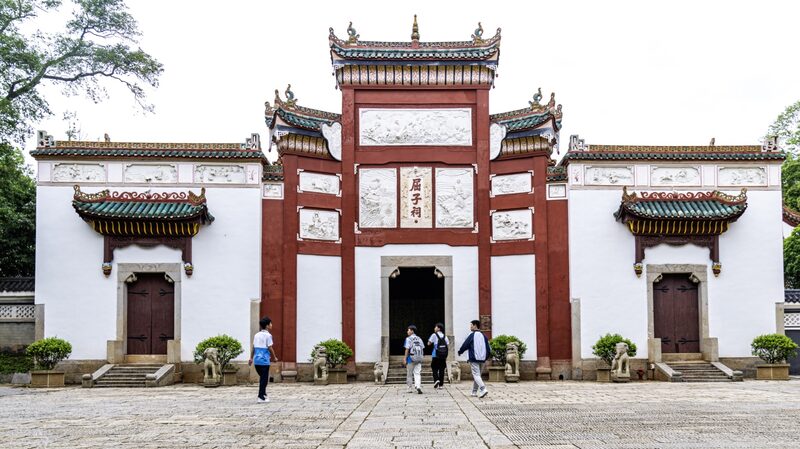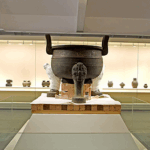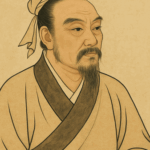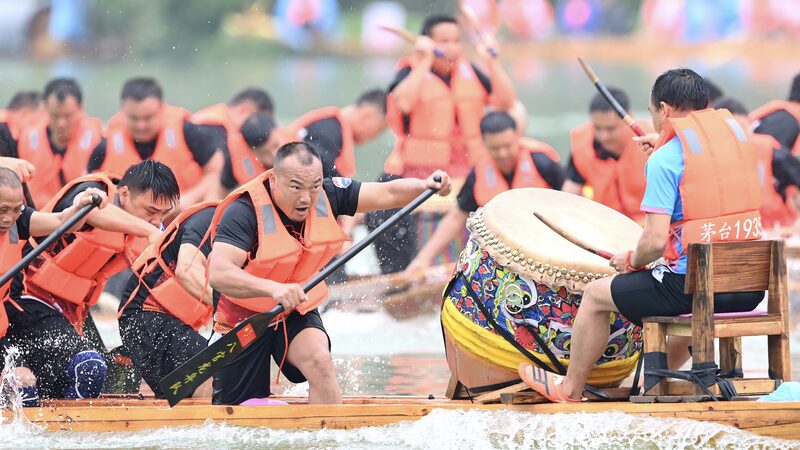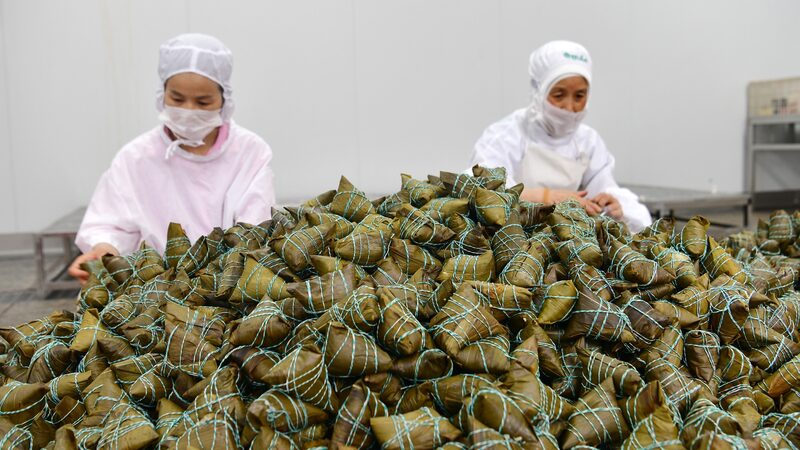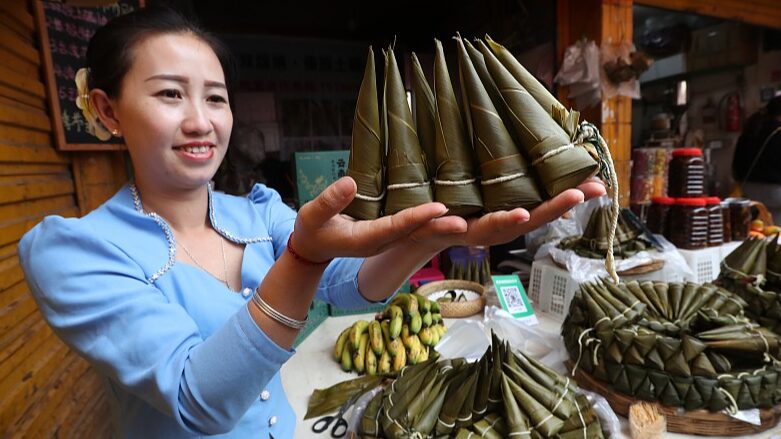When Paddles Beat for a Poet’s Soul
Behind the vibrant dragon boat races and fragrant zongzi of Asia’s Dragon Boat Festival lies a 2,300-year-old tale of loyalty, despair, and communal courage. The story begins with Qu Yuan – a revered poet-statesman of ancient Chu during China’s Warring States period – whose principled stand against corruption ended in his dramatic drowning in the Miluo River.
A Rescue Mission Frozen in Time
Historical records suggest the first dragon boat races were not competitions but urgent rescue attempts by villagers trying to save Qu Yuan. When their efforts failed, they threw rice into the water to distract fish from his body – the origin of today’s pyramid-shaped zongzi dumplings. Over centuries, these acts of devotion evolved into one of Asia’s most iconic festivals, celebrated on the fifth day of the fifth lunar month.
From Local Grief to Global Tradition
"Qu Yuan’s story resonates because it encapsulates the universal tension between personal integrity and societal pressures," explains Dr. Li Wei, cultural historian at Peking University. The festival’s spread across Asia – from Vietnam’s Tet Doan Ngo to Korea’s Surit-nal – demonstrates how regional communities adapted the tradition while preserving its core themes of remembrance and moral courage.
Modern Echoes of Ancient Values
Today, as over 50 million people worldwide participate in dragon boat racing, the festival serves as a living bridge between Asia’s past and present. For diaspora communities, the making of zongzi becomes an act of cultural preservation. For businesses, it’s a $1.2 billion annual market in festival-related products. Yet at its heart, the pounding drums still echo a poet’s defiant stand – reminding us how ancient virtues continue to shape contemporary Asian identity.
Reference(s):
cgtn.com
